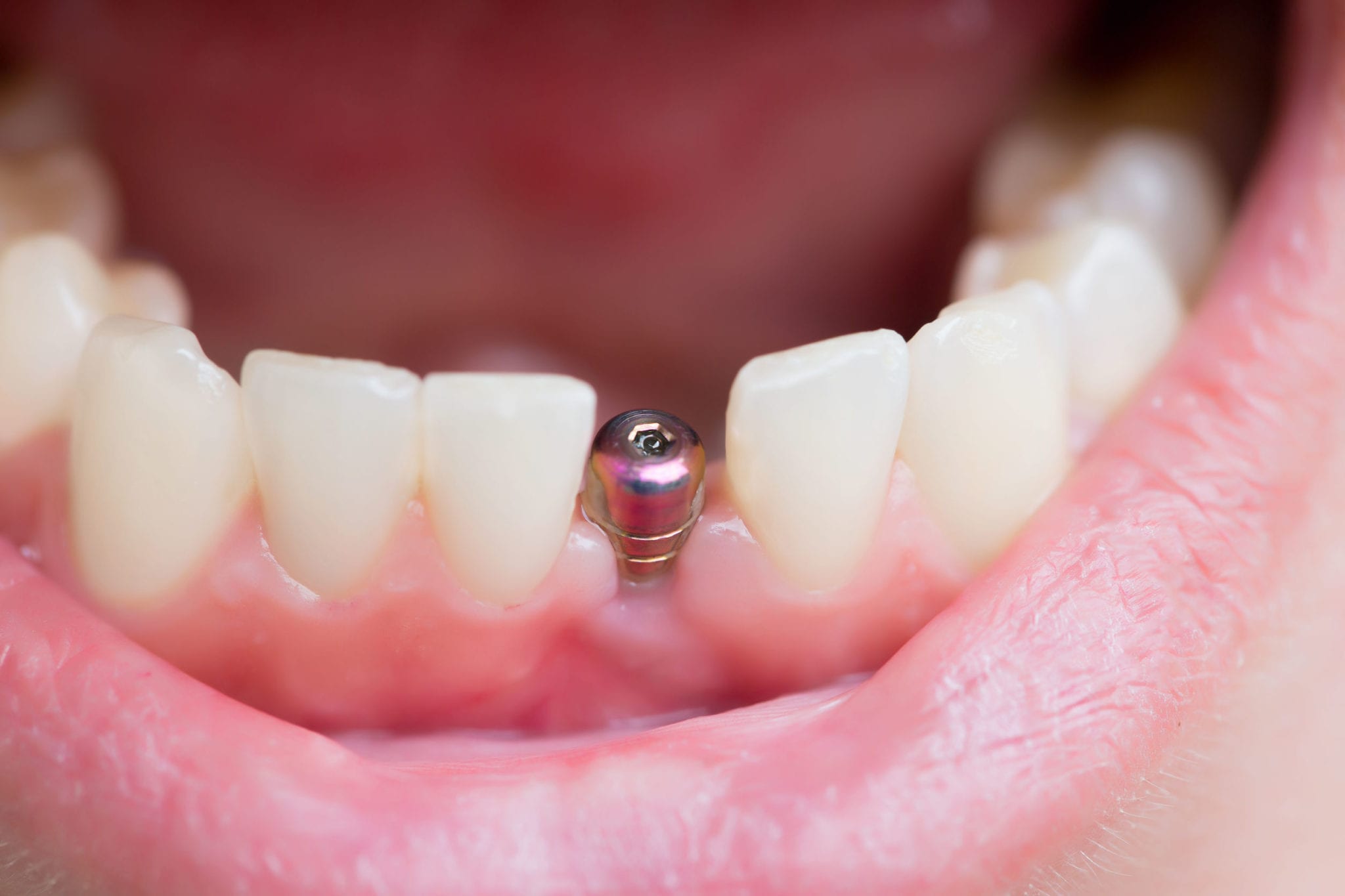
Dementia. If you’re over a certain age, getting it is likely one of your biggest fears, and it’s understandable why. No one wants to face the prospect of losing their mental faculties. Losing their ability to accurately gauge what’s going on around them at any given time. Losing themselves.
Which is why the findings from a Japanese study published in 2017 are such a big deal. While it has long been known that people with Alzheimer’s and other forms of dementia tend to have poor oral health, no one had really looked into whether oral issues might result in dementia.
This study found two things related to tooth loss and dementia:
- The longer people keep all of their teeth, the less likely they were to develop dementia.
- The more teeth someone had lost, the more likely they were to develop dementia.
In other words, there is an association between losing teeth and getting dementia. Researchers can’t yet say whether the tooth loss in part causes dementia, but the connection is there.
Below, we’re going to explain what this means for your oral health and what role replacing missing teeth can play.
Can You Avoid Dementia by Using Dentures or Other Tooth Replacement Technologies?
Unfortunately, the research so far doesn’t seem to be focused on how implants, dentures, and other tooth replacement technologies might help in the fight against dementia. It only examines the likelihood of people getting Alzheimer’s based on whether or not they have lost teeth and how many.
That being said, it’s hard to imagine a situation where getting replacement teeth wouldn’t help. Why? Because when you lose even a single tooth, neglecting to replace it means that the surrounding teeth have more stress put on them.
They will have to do more of the work when biting and chewing. They will be more likely to shift in your mouth. Essentially, when you lose one tooth, the health of the rest of your teeth will decrease. Over time, you will become more likely to lose additional teeth.
According to the study, that would make you increasingly likely to get Alzheimer’s.
Additionally, some experts believe that part of the reason for the link between tooth loss and dementia is due to how the act of chewing impacts our brain. Simply put, when people are unable to chew due to tooth loss, it deprives our brain of things that it needs to stay healthy and high-functioning.

Adding replacement teeth so that you can continue to chew normally may forestall this.
What You Can Do to Prevent Tooth Loss from Happening in the First Place
The possibility of being able to lower your chances at getting dementia means that replacing missing teeth is well worth it. However, the best way to protect against the impact that tooth loss may have is to not lose any of your teeth to begin with.
How can you stop this from happening?
Simple: by engaging in proper oral hygiene.
This means:
Brushing twice daily. At a minimum, you should be brushing for two minutes in the morning and two minutes in the evening before bed. If possible, it’s best to brush after every meal so the food won’t sit on your teeth as long.
Flossing every day. Despite some reports saying flossing isn’t necessary, it is still recommended as one of the best ways to remove troublesome food from between teeth that can lead to decay the longer it stays there.
Avoiding excessive sugars, carbs, and acids. Sodas, candies, and other foods that have sugars, carbs, and acids are the worst culprits when it comes to eating away at your teeth. Limit your intake and you help your teeth.
Getting regular cleanings. There is only so much that you can do at home. To keep your teeth – and the rest of your mouth – healthy, make sure you see your dentist at least twice a year for checkups and cleanings.
Notifying your dentist of problems immediately. Yes, your teeth are kind of bothering you, but can’t you just tough it out till your next appointment in a few months? Or… you’re not sure you’d label what your feeling as “pain.” Plus, it’s more in the jaw – and it might be more headache-related. Do you really need to bring it up with the dentist? No and yes – in that order.

You are not a dental professional. You don’t know what might be a big problem. Who will? Your dentist. If you tell them and allow them to examine your mouth. Moreover, even though dentists are quite good at detecting oral health issues on their own, your experiences matter in their diagnoses.
Ultimately, we’re still learning about the relationship between missing teeth and dementia. There’s no hard and fast rule that those who lose their teeth will absolutely get it – and certainly no guarantee that people who manage to keep all their teeth will avoid it.
That being said, don’t you want to do everything possible to minimize your chances?






